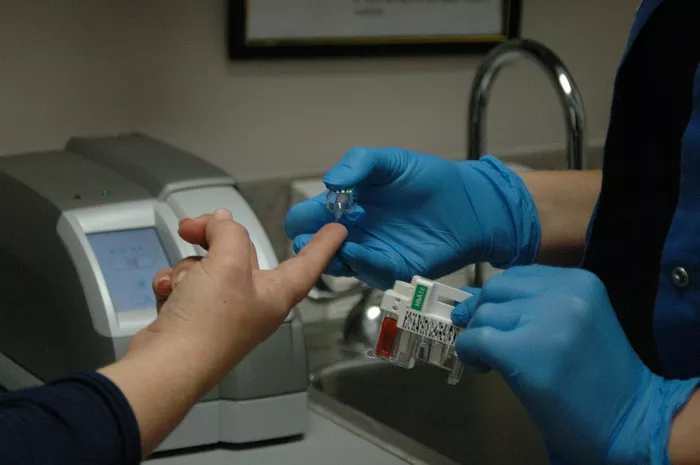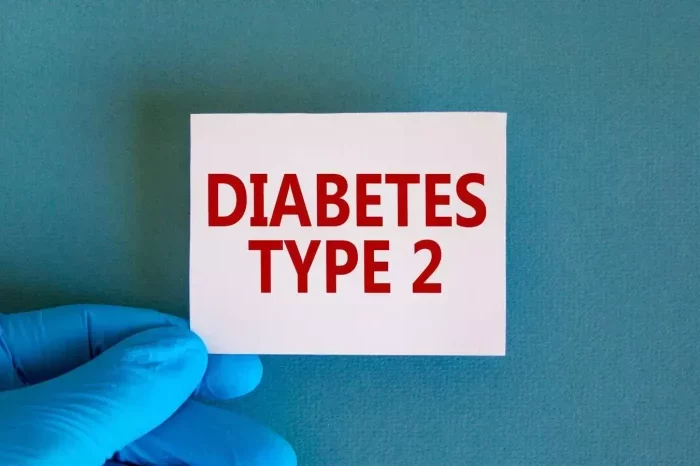Recent research has raised concerns about the health risks associated with food emulsifiers, commonly used in processed foods to stabilize ingredients and improve texture. New studies indicate that these additives may contribute to the development of Type 2 diabetes, heart disease, and certain cancers.
Emulsifiers are found in a wide variety of food products, from junk food to supposedly healthier options like yogurt, whole grain crackers, and breakfast cereals. While they are added to improve the shelf life and consistency of food, their impact on health may be far more harmful than previously understood.
The Hidden Dangers of Emulsifiers
Previously, scientists believed that because emulsifiers are not easily absorbed by the body, they posed no health risk. However, new findings suggest that these additives disrupt the gut microbiome, leading to inflammation that may increase the risk of chronic diseases, including Type 2 diabetes.
According to Andrew Gerwitz, a professor at Georgia State University, and author of a 2022 study on food additives, synthetic emulsifiers such as polysorbate 80 and carboxymethylcellulose are particularly concerning. These emulsifiers are often found in products like ice cream, dairy items, and packaged baked goods. Gerwitz warns that ultra-processed foods containing additives like guar and xanthan gum should also be avoided.
Health Risks, Especially for Children
The risks of consuming food containing emulsifiers are particularly alarming for children. The Centers for Disease Control and Prevention (CDC) reports an alarming increase in the number of young people diagnosed with Type 1 and Type 2 diabetes. Between 2002 and 2017, diabetes rates in youth under 20 rose significantly, and projections show this trend will continue to grow over the next four decades.
Parents should be especially vigilant about their children’s consumption of processed foods containing emulsifiers, as the additives may contribute to the rise in childhood diabetes and nonalcoholic liver disease.
Legal Action and Increased Scrutiny
In response to these growing concerns, the Trump administration has announced that the Food and Drug Administration (FDA) will investigate the safety of food additives. Robert F. Kennedy, head of the Department of Health and Human Services, has previously spoken out about the dangers of food additives and their connection to chronic diseases.
Late last year, a consumer filed a class-action lawsuit against several major food companies, accusing them of marketing addictive, ultra-processed foods to children. The suit alleges that this has contributed to a rise in chronic diseases since the 1980s.
Taking Action
If your child has been diagnosed with Type 2 diabetes or liver disease after regularly consuming processed foods containing emulsifiers, you may qualify for a class action lawsuit investigation.
As the debate over the safety of food emulsifiers continues, experts recommend reducing the consumption of ultra-processed foods and checking labels for synthetic emulsifiers. By making informed choices, consumers can protect their health and potentially mitigate the risks linked to these additives.
Related topics:
Wearable Technology Boosts Exercise Adherence for Type 2 Diabetes Patients
Early Type 1 Diabetes Detection Could Alleviate ‘Invisible Burden,’ Advocates Say
Diabetes Alert Day Highlights Awareness Gap as 80% of People Unaware of Prediabetes Risks
























